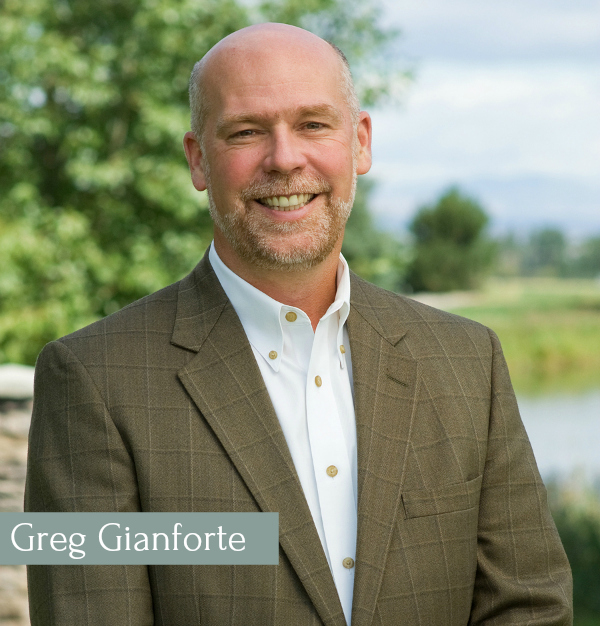Kerby Anderson
The special election in Montana illustrated the problems with early voting. Greg Gianforte may have won his election to Congress simply because so many people voted before he body slammed Guardian staff writer Ben Jacobs.
Although we have the audiotape of what took place, there is still some question about what may have precipitated the angry outburst and violent act. That can be a conversation for another day. I want to focus on the problems with early voting.
Many of the voters in Montana wanted their ballots back after this episode so they could change their vote. Too bad, they voted early before this late-breaking story. It is quite possible that early voting guaranteed the win for Greg Gianforte.
Over the years, we have made it easier and easier for people to vote early. Some states allow voters to cast their ballots before they have all of the information they need to make an informed choice. In North Carolina last year, voters could begin casting ballots more than two weeks before the first presidential debate. That should not happen.
Years ago, I wrote about some of the other problems with early voting. John Fund pointed out in his book, Stealing Elections, that early voting and loose absentee laws make voter fraud easier. He acknowledges that voters love no-excuse absentee voting for its convenience. But he adds that, “absentee voting makes it easier to commit election fraud, because the ballots are cast outside the supervision of election officials.” The Florida Department of Law Enforcement concluded: “The lack of in-person, at-the-polls accountability makes absentee ballots the tool of choice for those inclined to commit fraud.”
The problem with early voting in Montana should be a wake-up call to the nation. Events and revelations in the final weeks of a campaign should make a difference to the voters who appear too willing to cast their votes before all the relevant information is in.
 Listen Online
Listen Online Watch Online
Watch Online Find a Station in Your Area
Find a Station in Your Area










 Listen Now
Listen Now Watch Online
Watch Online
